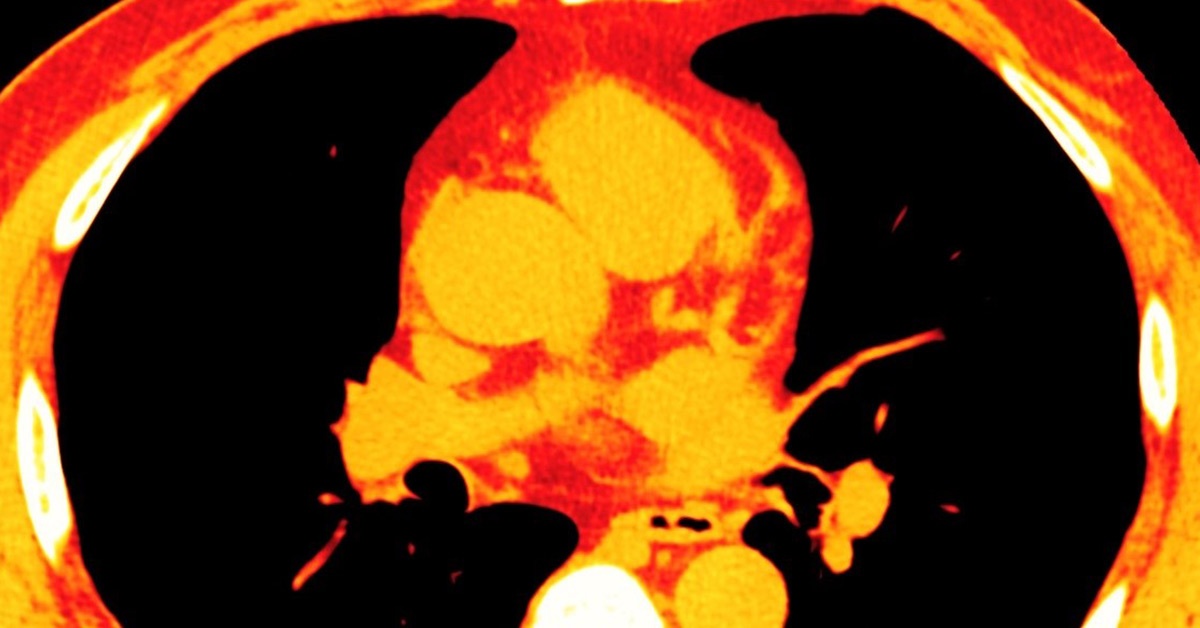Eating too much sugar is associated with larger fat deposits around the heart and in the abdomen, which are risky for health. That’s the finding from a new School of Public Health study recently published in the European Journal of Preventive Cardiology.
“When we consume too much sugar the excess is converted to fat and stored,” says study lead author and PhD student So Yun Yi. “This fat tissue located around the heart and in the abdomen releases chemicals into the body which can be harmful to health. Our results support limiting added sugar intake.”
Excess sugar consumption is a worldwide problem. The six countries with the highest sales of sugary drinks per capita are Chile, Mexico, Argentina, Peru, the U.S., and Saudi Arabia. The demand for sugar is expected to increase in Asia, Africa, and Russia.
This observational study examined both sugar-sweetened beverages (such as soft drinks, fruit drinks, and energy drinks) and sugar added to foods and beverages for sweetness (for example when cooking or in processed foods). The researchers analyzed the association between long-term sugar consumption and fat stores around the heart and other organs.
Data for the research was obtained from Coronary Artery Risk Development in Young Adults (CARDIA), an ongoing cohort study in the U.S. that includes centers in Alabama, California, Illinois, and at the University of Minnesota. A total of 3,070 healthy participants aged 18 to 30 were included in this study.
Food and beverage intakes were measured three times over a 20-year period (1985 to 2005). After 25 years (in 2010) computed tomography (CT) scans of the chest and abdomen were performed to measure fat volumes in the abdomen and around the heart.
The researchers found that sugar intake over the 20-year period was related to fat volumes later in life. Higher intakes of both sugar-sweetened beverages and added sugar were related to greater fat stores around organs in a stepwise fashion.
“Our findings provide more evidence that consuming too much added sugar and sugary drinks is related to a higher amount of fat tissue,” says study co-author and Associate Professor Lyn Steffen. “And, we know that fat deposits are connected with higher risks of heart disease and diabetes.”
Steffen advised that governments, food manufacturers, restaurants, schools, and workplaces play a role in increasing consumer awareness of the sugar content in foods and beverages and offering healthier alternatives.
As for consumers, Steffen recommends that they reduce the amount of added sugar they eat or drink each day.
“Have water instead of sugary drinks and choose healthier snacks over foods rich in added sugar, such as cakes,” says Steffen. “Read food labels to check the amount of added sugar in what you are buying. Look for ingredients like syrups, glucose, fructose, sucrose, and maltose. Being more aware of hidden sugar will help you cut back.”
This article was derived from a press release written by the European Society of Cardiology.

